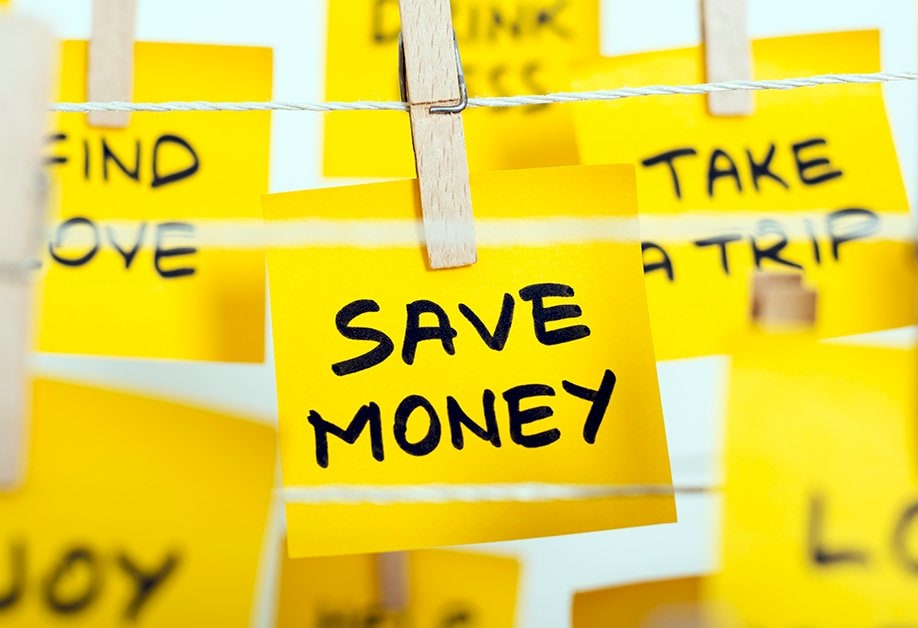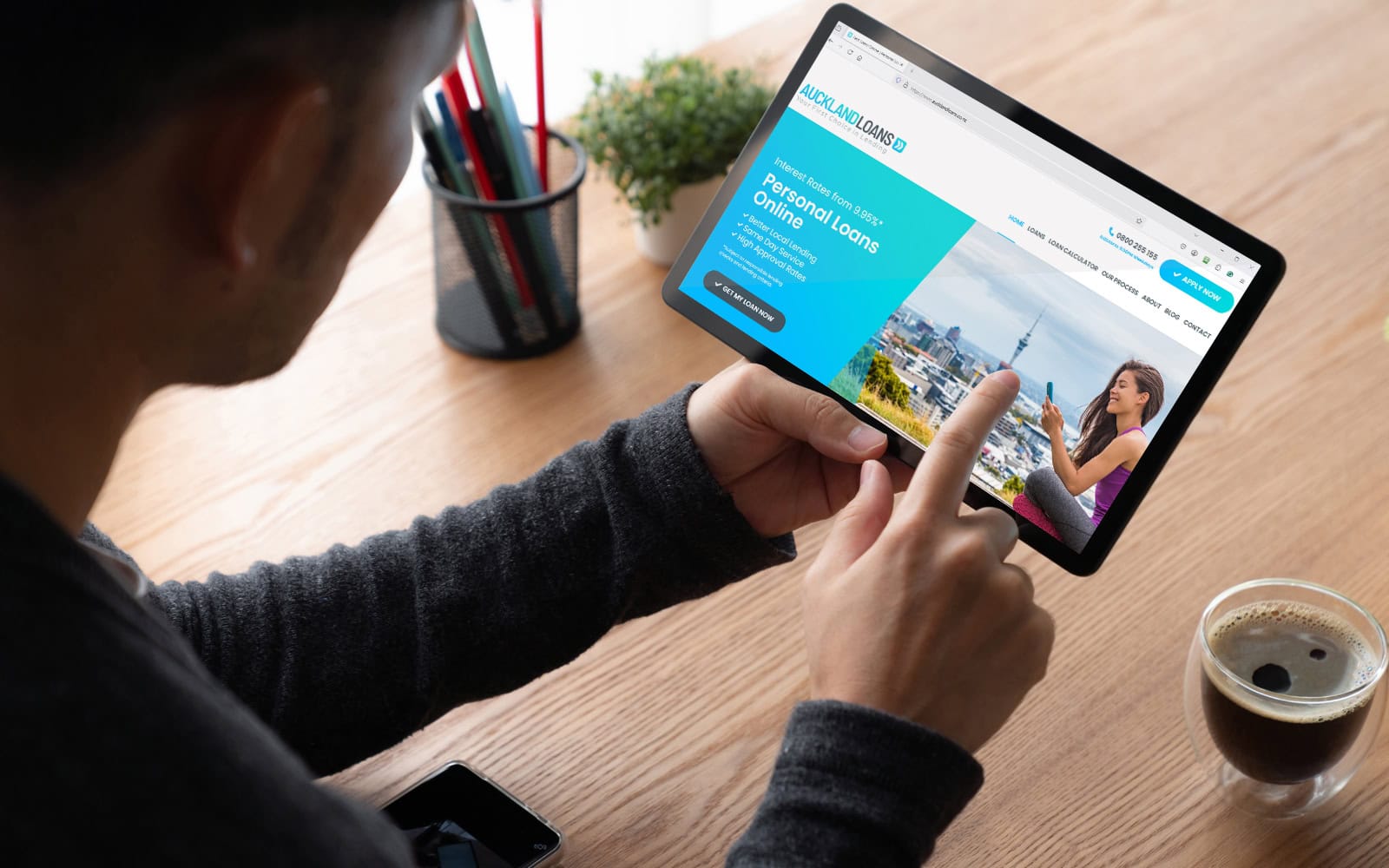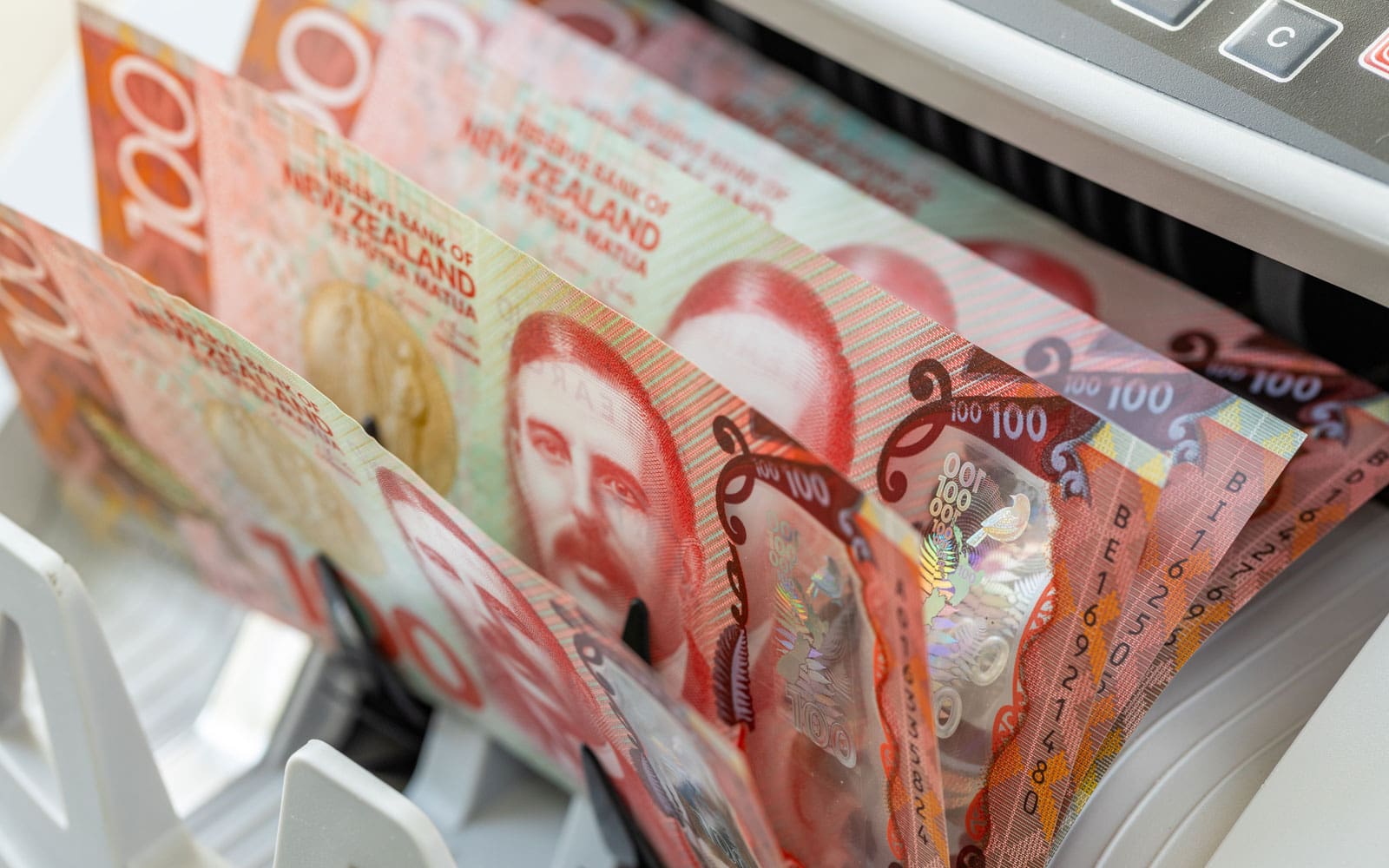General Savings Tips to Save Money
If you’re looking for some great ideas to save money, we’ve put together a few to get you started. They’re easy and you’ll enjoy the benefits quite quickly.
- Build an emergency fund. It can make all the difference. Low-income families with at least $500 in an emergency fund are better off financially than moderate-income families with less saved up.
- Establish your budget. Are you looking for an easy way to begin? On the first day of a new month, get a receipt for everything you purchase. Stack the receipts into categories like restaurants, groceries, and personal care. At the end of the month you will be able to clearly see where your money is going.
- Budget with cash and envelopes. If you have trouble with overspending, try the envelope budget system where you use a set amount of cash for most spending. And once the cash is gone in each envelope, it’s gone.
- Don’t just save money, save. There’s a difference between saving money and saving money for your future. So don’t just spend less, put the money you save into a savings account to plan for large ticket item expenses, retirement, or emergencies that can leave you financially better off.
- Save automatically. Setting up automatic savings is the easiest and most effective way to save, and it puts extra cash out of sight and out of mind. Every pay day, have your employer deduct a certain amount from your salary or wages and transfer it to a retirement or savings account. Ask your HR representative for more details about how to set this up. Or every month, have your bank or credit union transfer a fixed amount from your main account to a savings or investment account.
- Aim for short-term savings goals. Make a goal such as setting aside $20 a week or month, rather than a longer term savings goal. People save more successfully when they keep short-term goals in sight.
- Start saving for your retirement as early as possible. Few people get rich through their wages alone. It’s the miracle of compound interest, or earning interest on your interest over many years, that builds wealth. Because time is on their side, the youngest workers are in the best position to save for retirement.
- Take full advantage of KiwiSaver. Don’t miss out on the annual Government Contribution of $521.
- Save your windfalls and tax refunds. Every time you receive a windfall, such a work bonus, inheritance, contest winnings, or tax refund, put a portion into your savings account.
- Make a savings plan. Those with a savings plan are twice as likely to save money successfully.
- Save your loose change. Really! Putting aside just 50¢ over a year will get you 40 percent of the way to a $500 emergency fund. There are plenty of banks and apps that offer programs that round all your purchases to the nearest dollar and put that money into a separate savings account.
- Use the 24 hour rule. This rules helps avoid purchasing expensive or unnecessary items on impulse. Think over each nonessential purchase for at least 24 hours. This is particularly easy to do while shopping online, because you can add items to your cart or wish list and come back to them a day later.
- Treat yourself, but use it as an opportunity to save. Match the cost of your nonessential indulgences in savings. So, for example, if you splurge on a smoothie while out running errands, put the same amount into your savings account. And think of it this way, if you can’t afford to save the matching amount, you can’t afford the treat either.
- Calculate purchases by hours worked instead of cost. Take the amount of the item you’re considering purchasing and divide it by your hourly wage. If it’s a $80 pair of shoes and you make $20 an hour, ask yourself if those shoes are really worth four long hours of work.
- Unsubscribe. Avoid temptation by unsubscribing from marketing emails to the stores you spend the most money at. By law, each email is required to have an unsubscribe link, usually at the bottom of the email.
- Place a savings reminder on your cards. Remind yourself to think through every purchase by covering your card with a ‘save money’ savings message, such as “Do I really need this?” Using a permanent marker is the best option.








